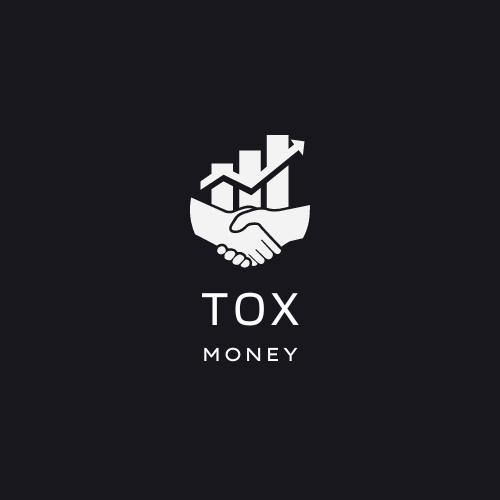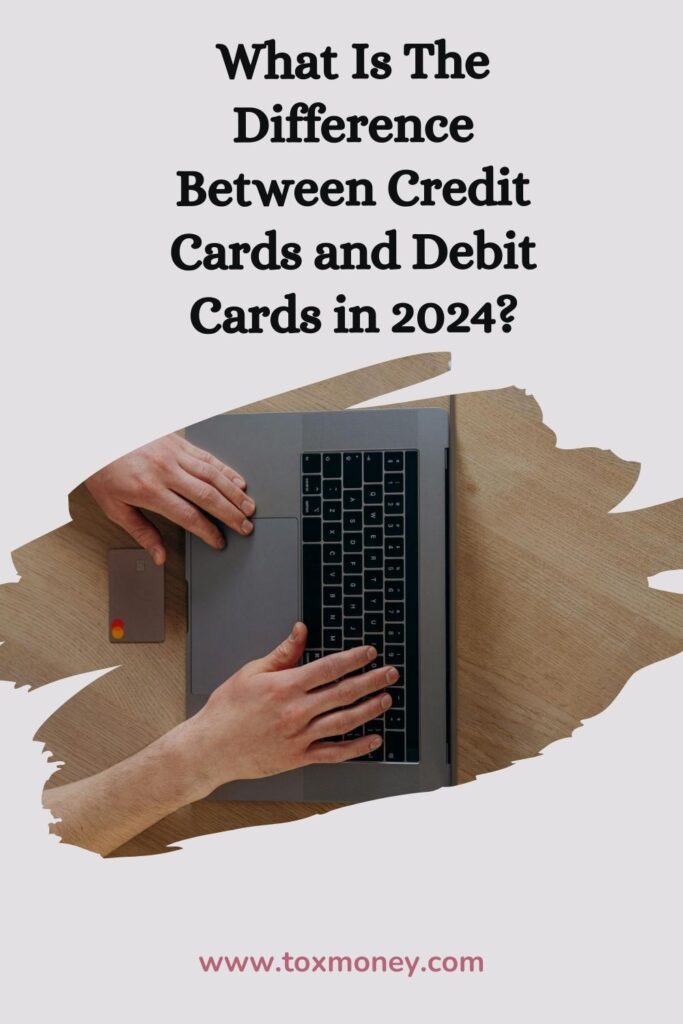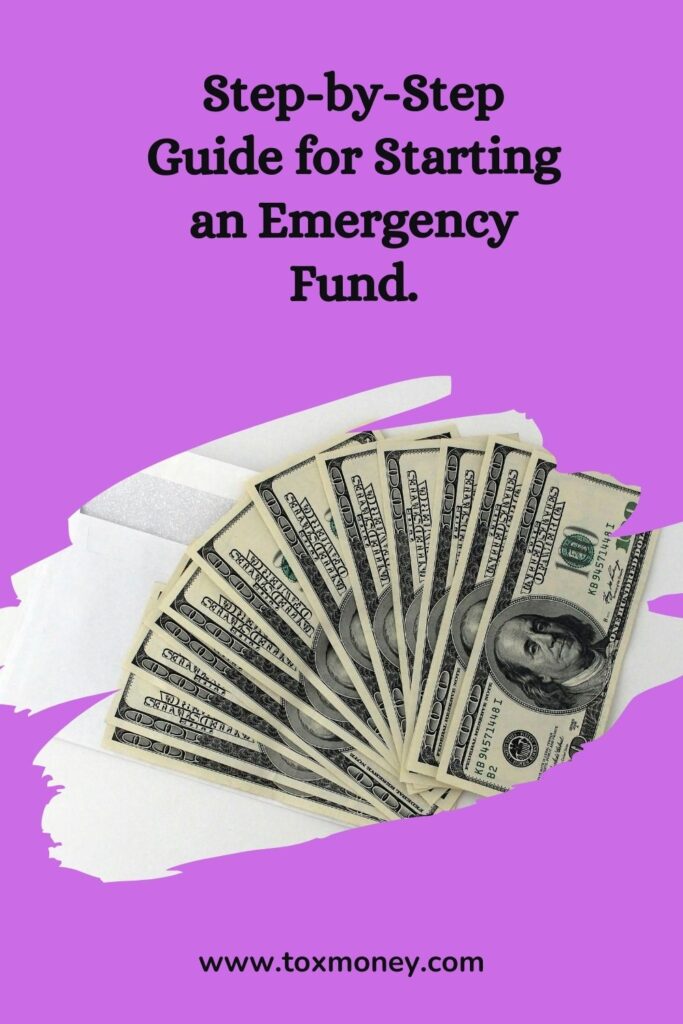When you need to borrow money, the last thing you want to see is a scammer attempting to steal it from you. But as more consumers browse for personal loans online, fraudsters are ready to take advantage.
According to the Federal Trade Commission, consumers reported losing about $8.8 billion due to fraud in 2022. These stories featured imposters and fraudsters who claimed to provide loans in return for information or money.
Separating the legitimate lenders from the fakes can be really hard, and the scammers get better every day at making their pitches look more convincing,
Before you disclose any personal or financial information, consider these five clues that the loan you’re considering is a hoax.
1. Texts and robocalls
An unexpected robocall or text message urging you to apply for a loan should give you pause, especially if you’ve had no previous interaction with the lender.
The borrower generally takes the initial step toward obtaining a personal loan by pre-qualifying or immediately applying. In certain situations, your bank or credit card issuer may give you a preapproved loan offer, while an online lender may send you follow-up emails after you search for deals with them.
But if the message makes you wonder how the lender located you, do not believe it. We recommend deleting questionable text messages and hanging up on robocallers. Even stating “don’t contact me” might indicate that you intend to answer, so the calls and messages may continue.
2. Advertisements offering ‘assured’ approval
A reputable lender cannot guarantee that you will be approved for a loan without first assessing your credit and finances, so avoid lenders that promise approval before you have even applied.
Any legitimate lender is going to want to do a credit check on you to know if you’re going to be able to pay them back.
A high-interest lender may provide a loan with no credit check, but most will do a light credit check and evaluate your bank accounts before approving your loan.
3. No state registration.
Lenders are obliged by law to register in the state where they operate.
So, if you have any concerns about a lender, check to determine if it is licensed. The Consumer Financial Protection Bureau (CFPB) offers a list of state bank regulators, and the National Association of Attorneys General has a list of state attorneys general, both of which are useful locations to begin your search.
Simply posting a license on a lender’s website does not guarantee its authenticity, thus it is best to confirm.
If you can’t locate the license, consider it a red flag and notify your state regulator, advises Suzanne Martindale, senior deputy commissioner for the consumer financial protection division of the California Department of Financial Protection and Innovation (DFPI).
4. Bad online reputation
Check a lender’s web reputation to validate (or dispel) your doubts. To find out what others are saying about a firm, Martindale recommends searching the CFPB’s complaint database and the Better Business Bureau’s directory.
You might also conduct an online search for the lender’s name and the phrase “scam,” which may yield regulatory actions against a legal lender or connections to the community website Reddit, where others have shared their experiences. According to Martindale, the DFPI in California also utilizes Reddit to conduct company research.
Online communities do tend to form when there have been red flags, and so it does pay to slow down, think before you click and do a little online research.
5. Asking for cash or gift cards
Legitimate lenders never demand money in exchange for a personal loan. Personal loan fraudsters may ask for an Apple or Google Play gift card or payment through an app such as Venmo. Payment requests using cryptocurrencies have recently been more regular, he says.
“The fact that you’re being asked to pay is a red flag,” he adds, adding that “the fact that you’re being asked to pay in an unusual way is a really big red flag.”
What To Do If You Have Been Scammed
Learning that you may have been duped might make you feel humiliated and furious, but bear in mind that millions of people file fraud complaints each year.
Here are some actions to follow if you feel you’ve been scammed, as well as how to find the money you were looking for in the first place.
Try to get your money back. Certain protections on your debit and credit cards may allow you to recover part or all of the stolen monies. Contact your bank card provider right once to increase your chances of receiving a prompt reimbursement. If you gave the money via a gift card or digital wallet, you are less likely to receive it back.
File a report. Investigators prioritize frauds that impact a large number of people, so making a report may bring the scammer to their attention and help others escape the same fate. You may report fraud anonymously to the National Consumers League at fraud.org.
Get help. If you’ve lost money, a nonprofit credit counseling program might help you get back on track. These groups can assist you with budgeting, debt management, bill negotiation, and locating community services that may give finances or other forms of support.
Find the money you need. There are legal methods to borrow money, whether from a lending company or friends and relatives. If a personal loan is the best option for you, check rates from many trustworthy lenders to obtain cheap finance.



